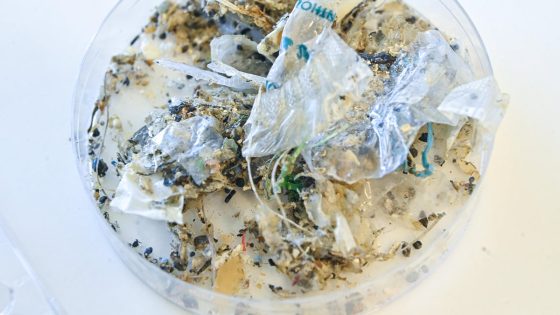Plastic pollution poses a “grave, growing and under-recognized danger” to global health, costing at least $1.5 trillion annually, according to a report published in the Lancet medical journal. Released just ahead of crucial talks in Geneva on August 4, 2025, aimed at establishing the world’s first treaty on plastic pollution, the report highlights the urgent need for international cooperation.
- Plastic pollution costs $1.5 trillion annually.
- Health impacts affect all stages of life.
- Microplastics found in nature and humans.
- Plastic production projected to triple by 2060.
- Plastic crisis linked to climate crisis.
- Urgent need for international cooperation.
Health experts emphasize that plastic pollution, akin to air and lead pollution, significantly impacts human health across all life stages. The report reveals alarming health effects, especially for infants and young children, urging delegates from nearly 180 nations to finally reach an agreement after previous failures.
This report raises a pressing question: How can nations collaborate effectively to combat this escalating crisis? The implications are vast and troubling:
- Health-related economic losses exceed $1.5 trillion annually.
- Infants face heightened risks of serious health issues.
- Microplastics are pervasive in both nature and human bodies.
- The production of plastic is projected to triple by 2060.
As the world grapples with these intertwined crises, it is imperative for nations to unite and take decisive action. The time for meaningful change is now.
































